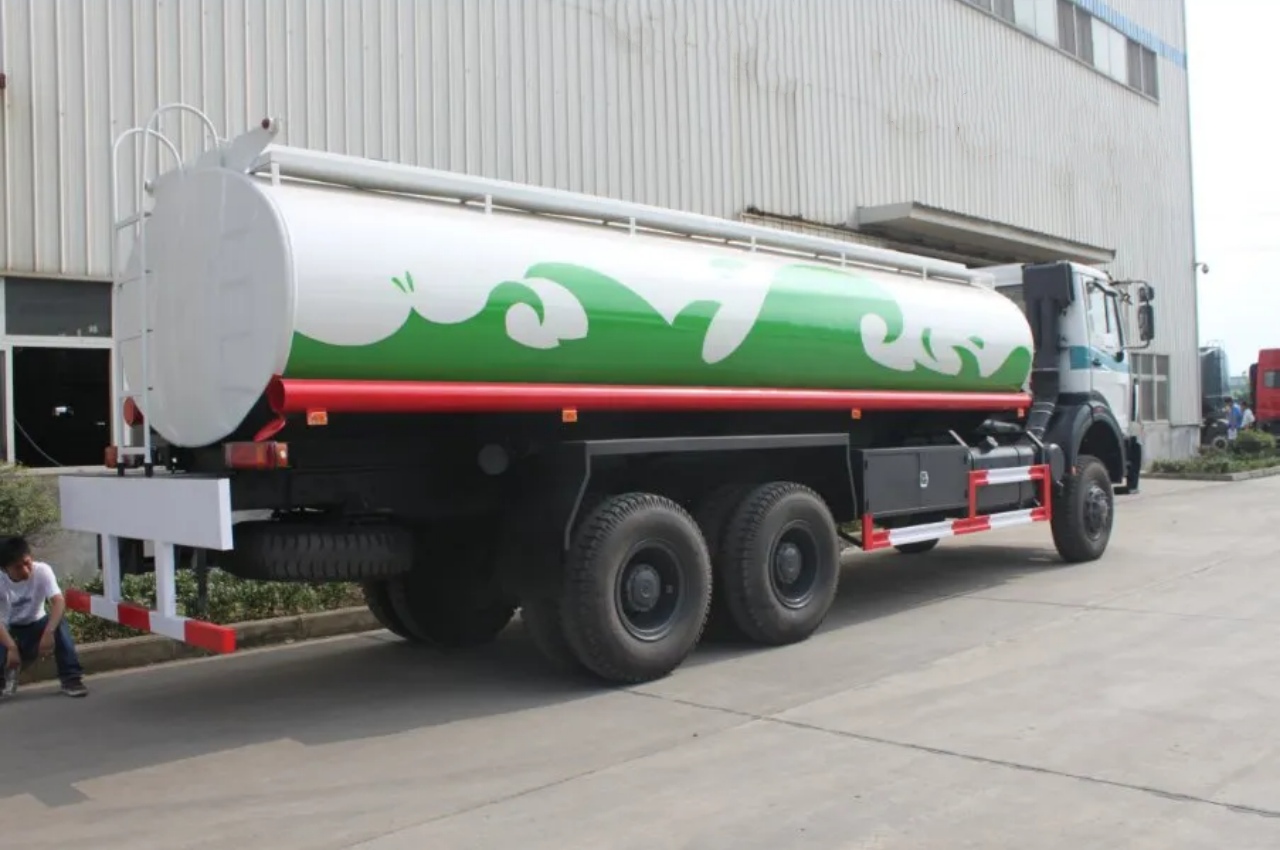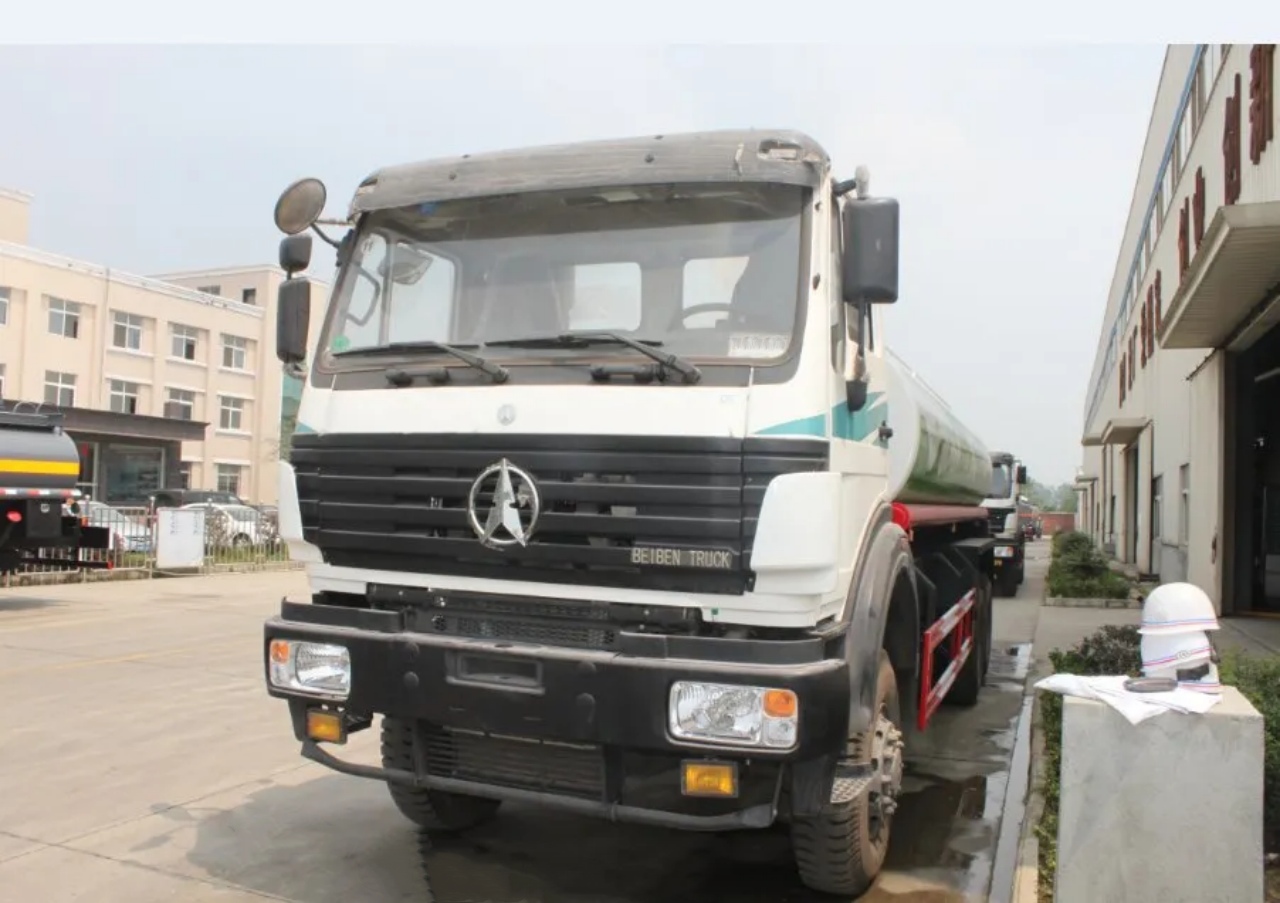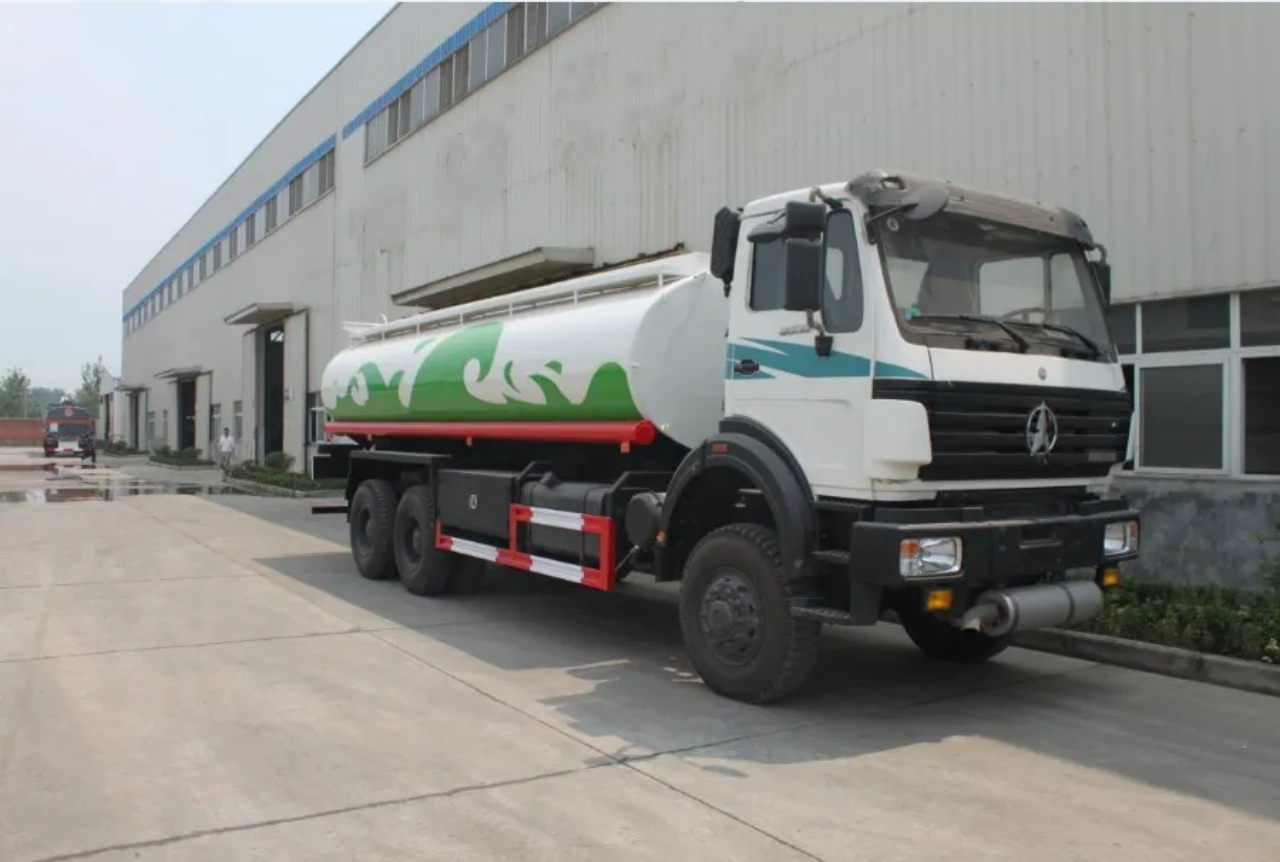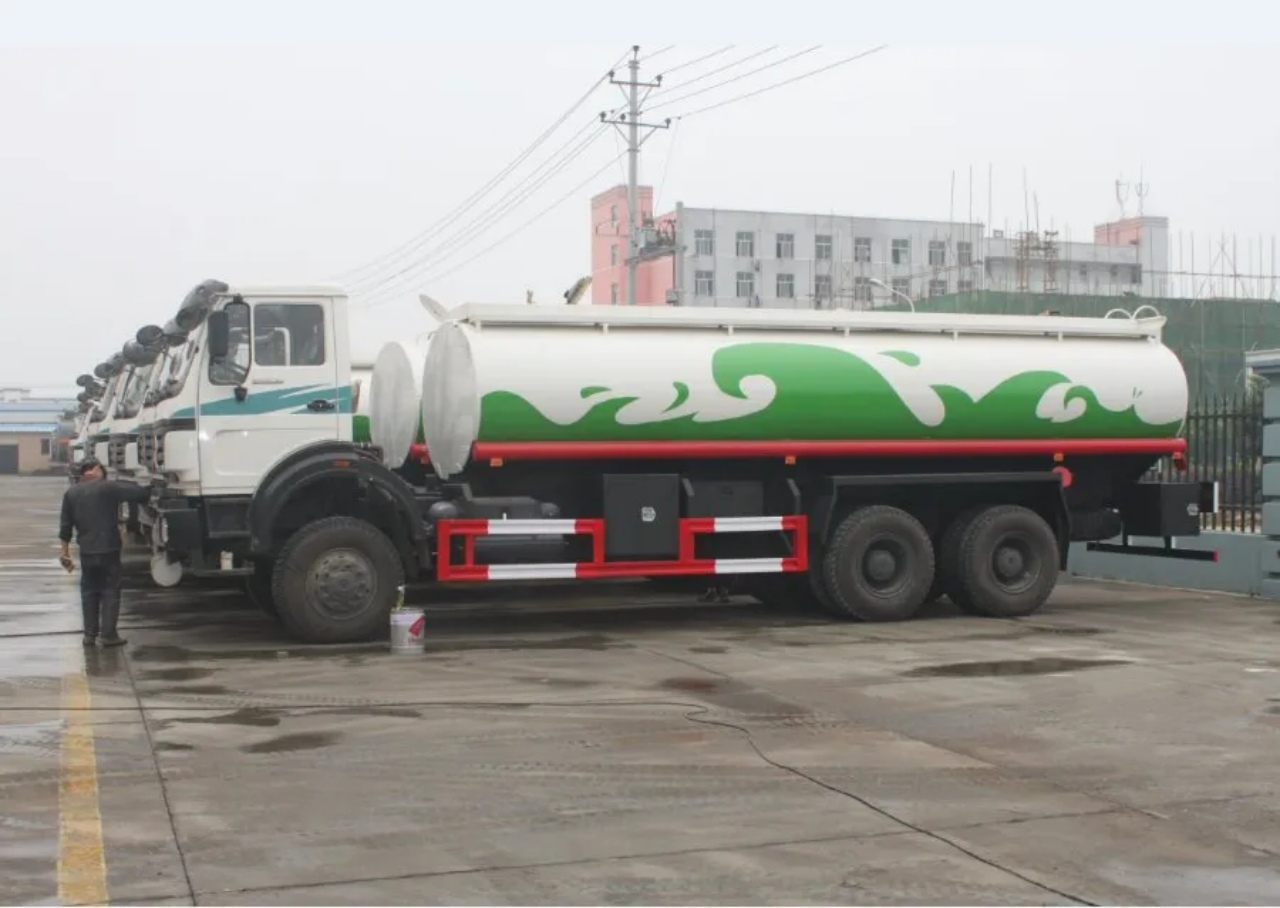When you see a large vehicle transporting fuel or other types of oil down the highway, you might naturally refer to it as an “oil lorry.” However, this type of vehicle goes by several names depending on its design, purpose, region, and industry jargon. Understanding what an oil lorry is formally called, and the variations within the category, provides insight into the specialized world of oil transportation.
In simple terms, an “oil lorry” is most commonly known as an oil tanker or a fuel tanker. In some regions, particularly in North America, it might also be called a fuel truck, tanker truck, or petrol tanker. In industrial and technical contexts, it might even be referred to more precisely as a road tanker or a bulk liquid transport truck.
Let’s dive deeper into the definitions, types, and purposes behind these terms.
Formal Names and Variations
1. Oil Tanker (Road Tanker)
The term oil tanker usually refers to any vehicle designed to carry oil in bulk over roadways. This name emphasizes the cargo (oil) and the method of containment (tanker). Tankers are designed with specialized tanks to hold liquids securely, minimizing risks of leaks, spills, and contamination.
Depending on the type of oil being transported (e.g., crude oil, lubricating oil, heating oil), the construction of the tanker might vary, from single-compartment designs to multiple, insulated, and sometimes heated compartments.
2. Fuel Tanker
When the oil being transported is a type of refined petroleum product, such as gasoline, diesel, or kerosene, the vehicle is often referred to as a fuel tanker. These tankers are equipped with special safety features to handle the volatility and flammability of fuels, such as grounding systems to prevent static electricity and explosion-proof valves.
3. Tanker Truck
In everyday language, particularly in North America, the term tanker truck is widely used. It’s a generic term that applies to any truck carrying liquids or gases, not just oil. A tanker truck could be hauling anything from edible oils and milk to chemicals and fuel.
4. Petrol Tanker
In regions like the United Kingdom and Australia, where “petrol” is the common word for gasoline, the phrase petrol tanker is common. This refers specifically to lorries transporting motor fuel.
Key Features of an Oil Lorry (Tanker)
An oil lorry is not just a regular truck with a big tank. It’s a highly engineered piece of equipment, purpose-built to meet stringent safety, efficiency, and regulatory standards. Key features typically include:
- Specialized Tanks: Made from materials like aluminum, stainless steel, or carbon steel, depending on the cargo. Some tanks are insulated, lined, or heated to maintain product integrity.
- Multiple Compartments: Allow different types of oil or fuels to be carried simultaneously without cross-contamination.
- Safety Systems: Including pressure relief valves, emergency cut-off valves, grounding cables, and sometimes vapor recovery systems.
- Pump Systems: For efficient loading and unloading of liquids, especially when dealing with viscous oils or requiring metered deliveries.
- Fire Protection: Given the flammable nature of many oils, tankers often have fire extinguishers, safety signage, and sometimes integrated fire suppression systems.
Different Types of Oil Tankers by Purpose
Within the broad category of oil lorries or oil tankers, there are several specialized types:
– Crude Oil Tankers
These are typically larger vehicles used for transporting unrefined crude oil from production sites to refineries. Crude oil is heavier and often requires insulated tanks to maintain fluidity.
– Refined Fuel Tankers
Designed to carry products like petrol, diesel, jet fuel, or heating oil. They often have multiple compartments and sophisticated vapor recovery systems.
– Lubricant Tankers
Transport high-viscosity oils like motor oil or industrial lubricants. Tanks may be heated and have special lining materials to prevent contamination.
– Vegetable Oil Tankers
Though not petroleum-based, vegetable oils require similar tanker designs — food-grade stainless steel interiors and sanitary loading/unloading equipment.
Regional Terminology Differences
Language and industry practices differ around the world, creating a variety of names for what is essentially the same vehicle:
| Region | Common Term |
|---|---|
| United Kingdom | Oil tanker, Petrol tanker, Road tanker |
| United States | Fuel truck, Tanker truck, Gasoline truck |
| Australia | Fuel tanker, Petrol tanker |
| Canada | Tank truck, Fuel tanker |
| South Africa | Tanker lorry, Petrol tanker |
Thus, if you hear someone mention an “oil tanker lorry” in London or a “fuel truck” in New York, they are essentially talking about the same kind of vehicle.
Why Specialized Naming Matters
The reason there are so many different names for oil lorries isn’t just linguistic—it’s functional. Precision in naming matters for:
- Safety: Different oils have different handling requirements. Knowing exactly what kind of “oil” a tanker is carrying can dictate emergency response measures.
- Regulatory Compliance: Government agencies require strict labeling and documentation depending on the cargo type.
- Insurance and Liability: Specificity in terminology helps insurers assess risk and set coverage terms accurately.
- Industry Standards: Fuel distributors, construction companies, and oil refineries need clear designations to coordinate logistics and fleet operations properly.
Final Thoughts
So, what is an oil lorry called? The short answer is: It’s most commonly called an oil tanker, fuel tanker, or tanker truck, with variations depending on the region and type of cargo. These specialized vehicles are the lifeblood of industries worldwide, delivering everything from gasoline to heating oil to keep economies running smoothly.
Understanding the terminology not only helps in everyday conversation but is crucial for industries like transportation, construction, energy, and emergency response, where clarity and precision can mean the difference between efficiency and disaster.
Next time you spot a large tanker on the road, you’ll know exactly what to call it—and appreciate the engineering and safety systems working behind the scenes to make sure that vital cargo gets delivered safely.





